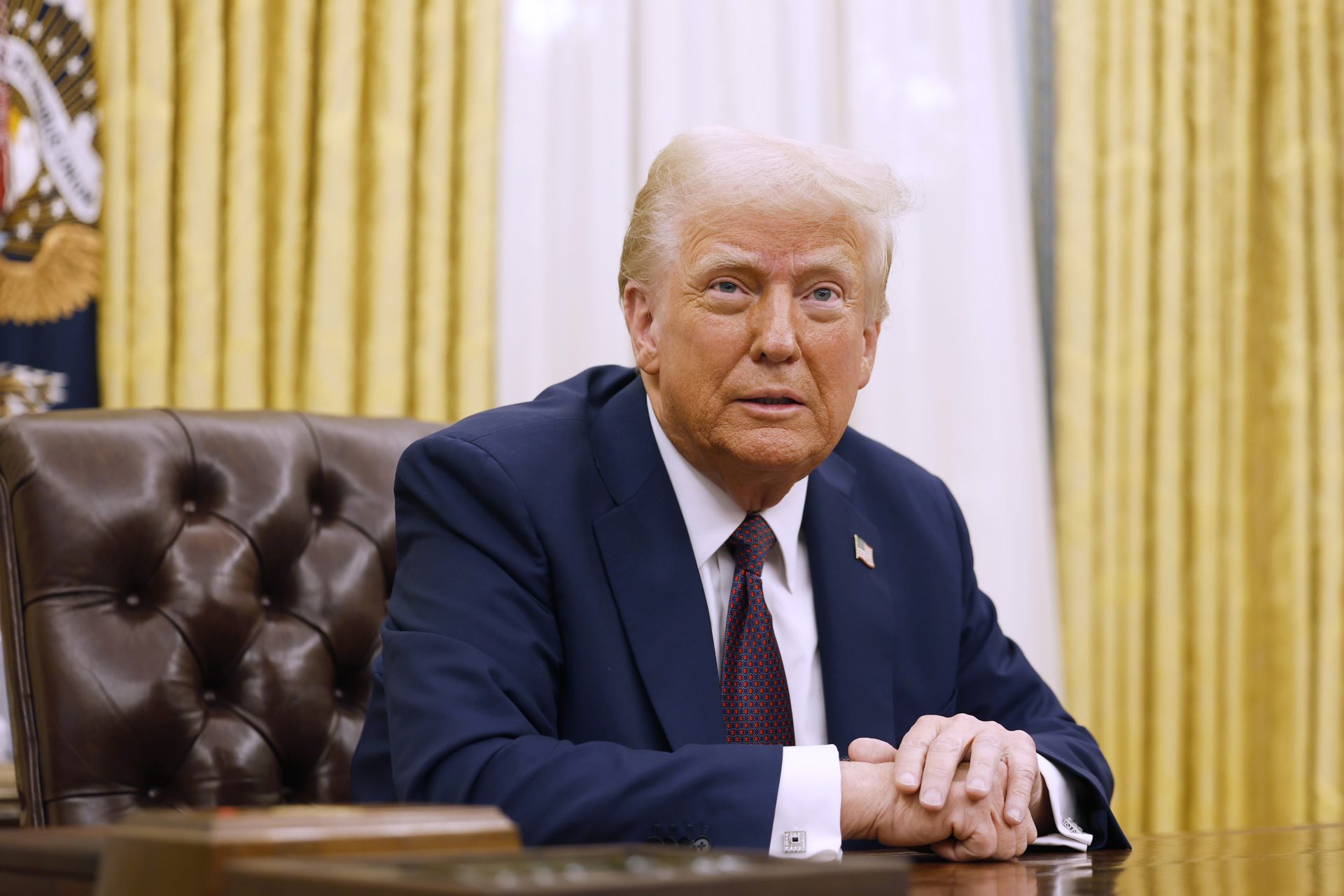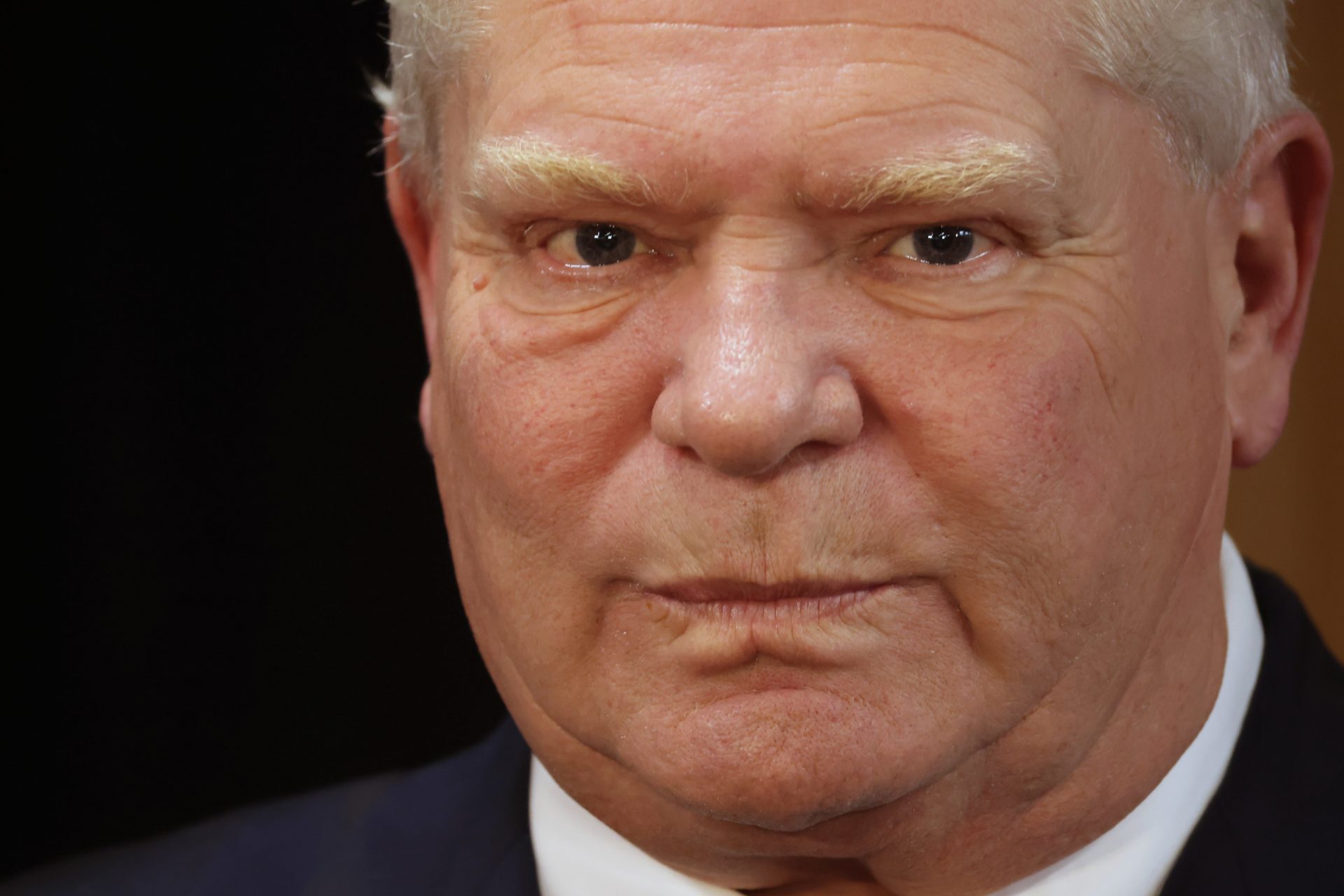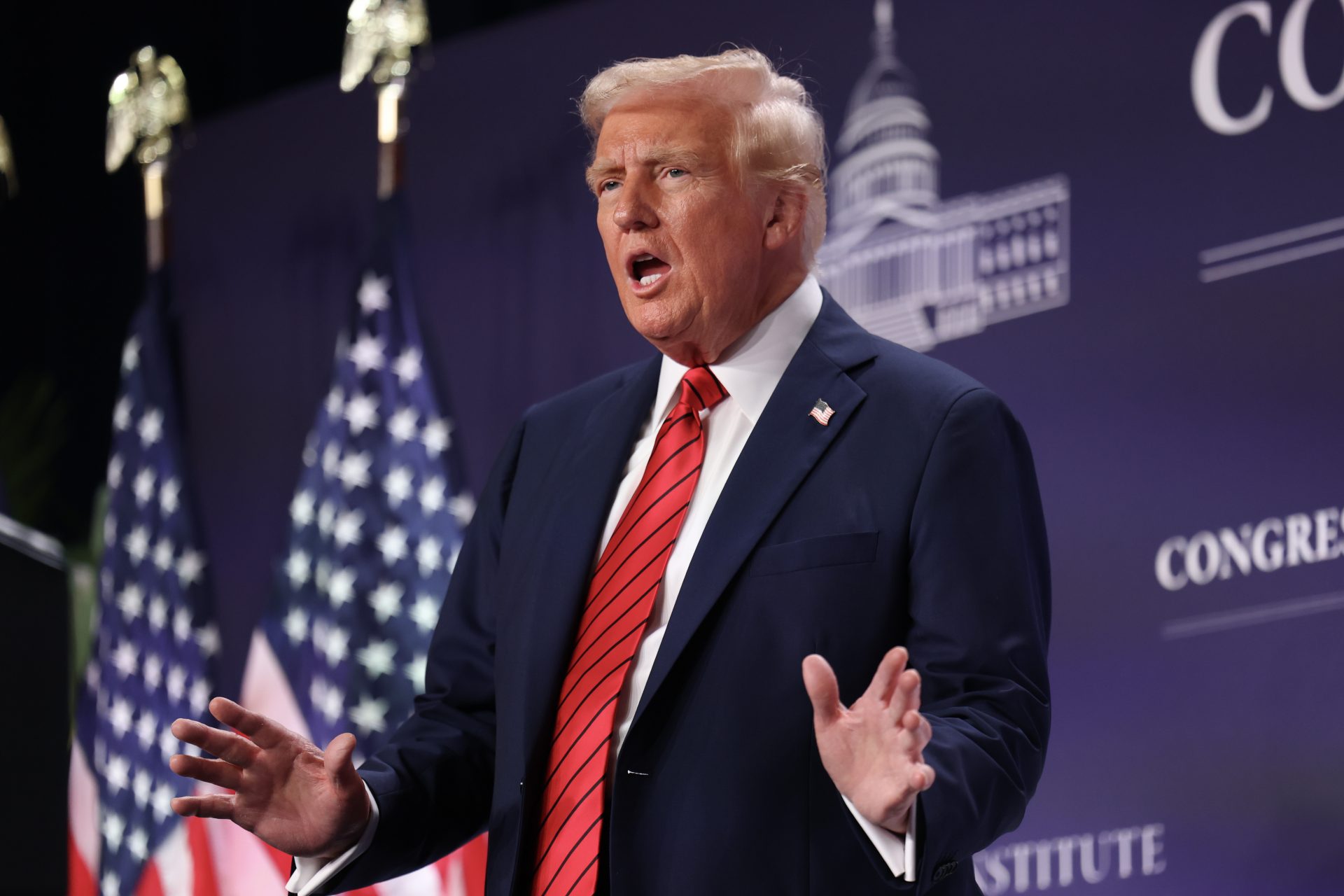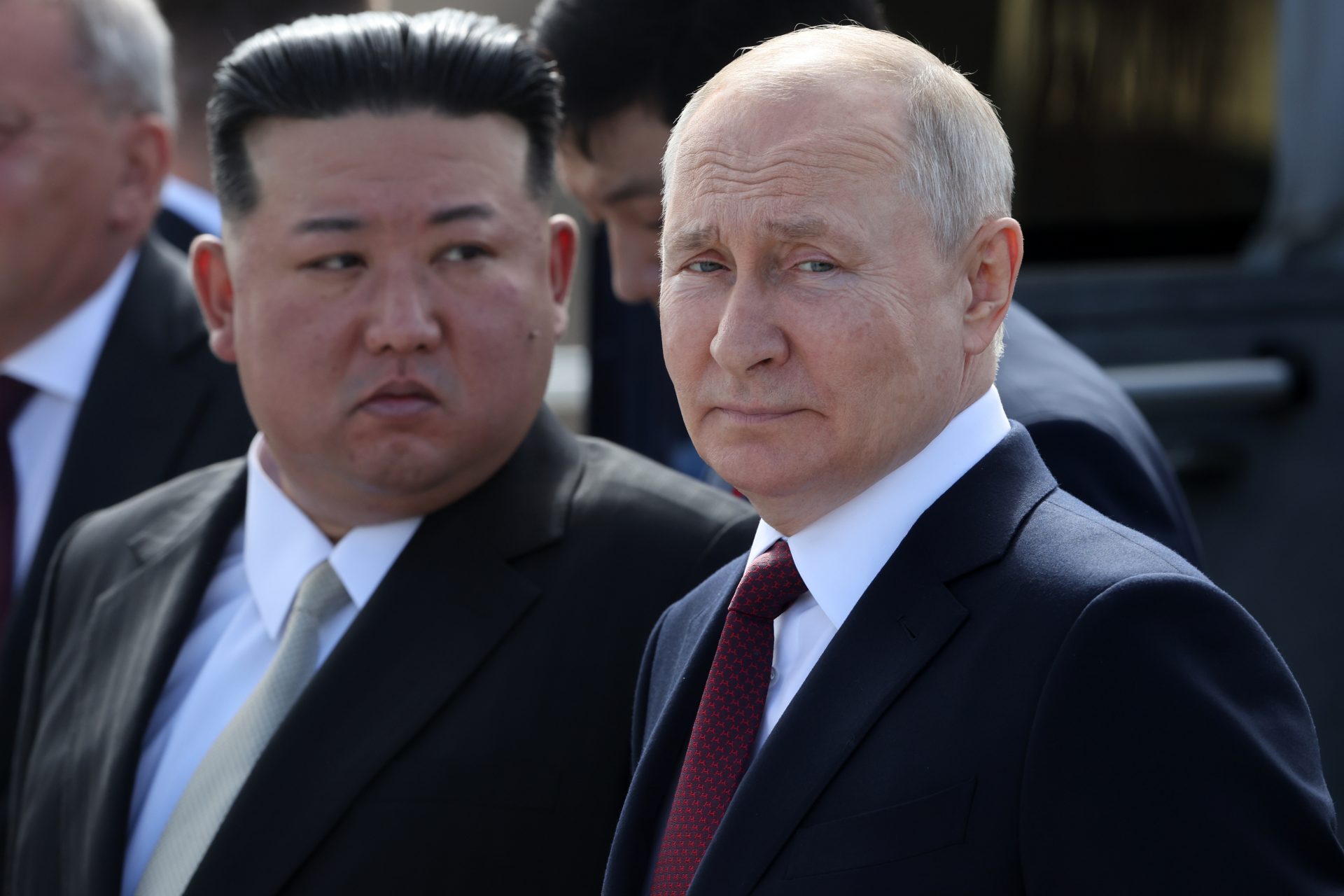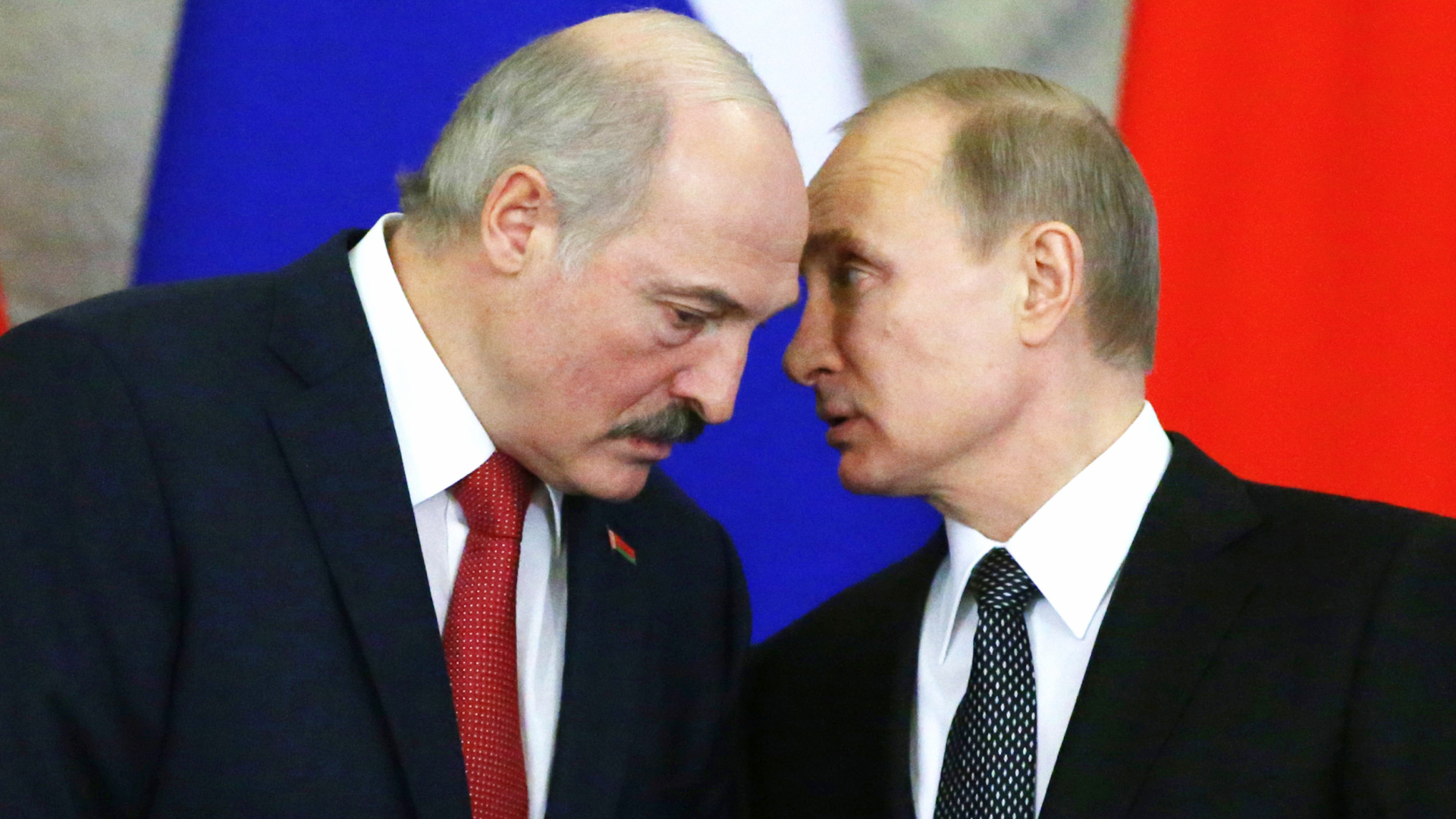Wearing a mask makes us more attractive according to scientists
Not sure what to wear on that blind date? Probably the best thing to wear to make sure your date finds you good-looking is, in fact, a surgical mask!
A study published in Cognitive Research Journal conducted at the University of Cardiff found that women rated men as more attractive when wearing a blue surgical mask.
Before the global pandemic hit, researchers found that medical face masks caused the wearer to be perceived as less attractive. These days though, our mentality has shifted.
A team of researchers from Cardiff University who studied the issue wrote, "The results show that faces were considered as most attractive when covered by medical masks and significantly more attractive when occluded with cloth masks than when not occluded."
So, if you can't get your hands on a blue surgical mask, a cloth mask will also help you boost your attractiveness.
However, the reason we find others more attractive when wearing a mask isn't just because potentially "unattractive" features are now hidden.
The researchers wrote, "Contrary to expectation, base attractiveness did not interact with the type of occlusion, suggesting that this is not simply due to occlusion of negative features."
A small study conducted in the UK asked women to rate how attractive they found male faces. The women were presented with men wearing a surgical mask, a cloth mask, male faces partially covered by a control object, and male faces that were not covered at all.
The researchers used forty male faces from various racial backgrounds that had previously been rated for attractiveness. The study included the twenty most attractive and the twenty least attractive male faces.
Dr. Michael Lewis, a Reader from Cardiff University's School of Psychology, is an expert in the psychology of faces and is the co-author of the paper published in The Cognitive Research Journal.
Regarding the findings, Dr. Lewis said, "Our study suggests faces are considered most attractive when covered by medical face masks. This may be because we're used to healthcare workers wearing blue masks, and now we associate these with people in caring or medical professions."
Lewis continued, "At a time when we feel vulnerable, we may find the wearing of medical masks reassuring and so feel more positive towards the wearer."
The team of researchers believes that we have changed our perception of mask-wearers after months (in some cases years) of seeing people wear them en masse. It could also be that we no longer associate a face mask with diseases.
Dr. Lewis said, "The results run counter to the pre-pandemic research where it was thought masks made people think about disease, and the person should be avoided."
Dr. Lewis explains that the pandemic has changed our psychology and how we perceive people who wear masks.
The Dr. said, "When we see someone wearing a mask, we no longer think 'that person has a disease, I need to stay away'."
In fact, Dr. Lewis says that it has to do with evolutionary psychology and how we choose our partners. Our natural tendency is to choose a healthy partner, free of disease.
Before the pandemic, a face mask was a major turn-off, indicating disease. However, these days, a mask-wearer is a sign of a person taking care of their health.
Dr. Lewis said, "Now we can observe a shift in our psychology such that face masks are no longer acting as a contamination cue."
So if you are looking for a partner, you know what you need to do....mask up!!
More for you
Top Stories























